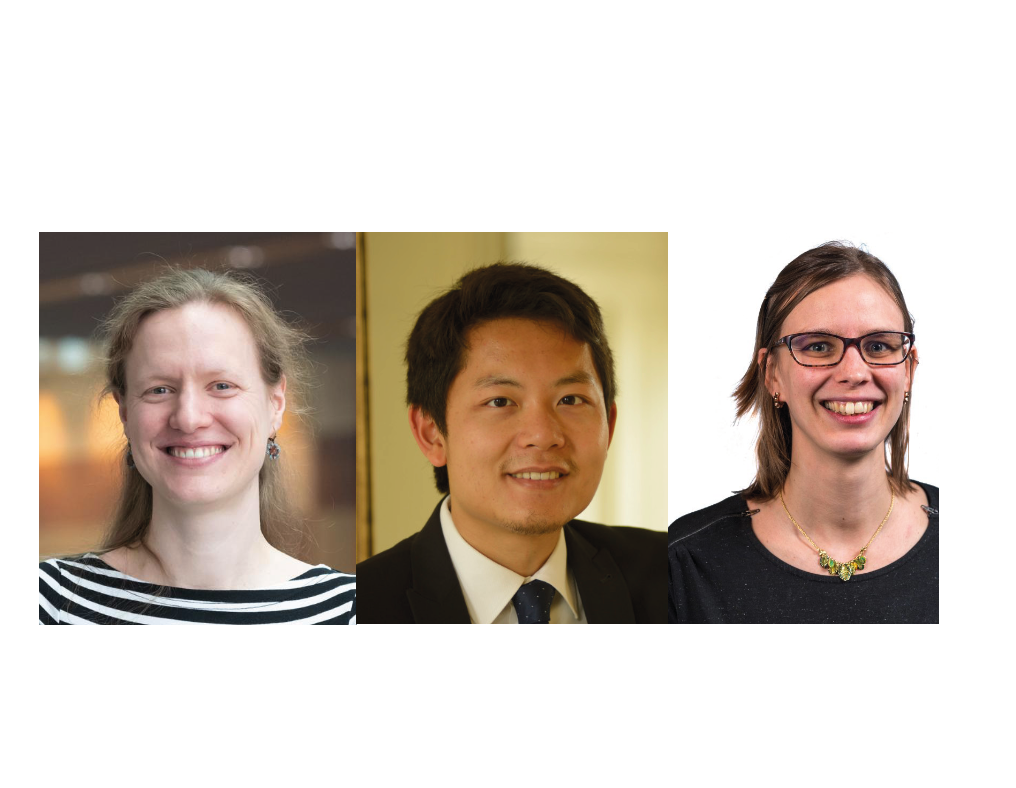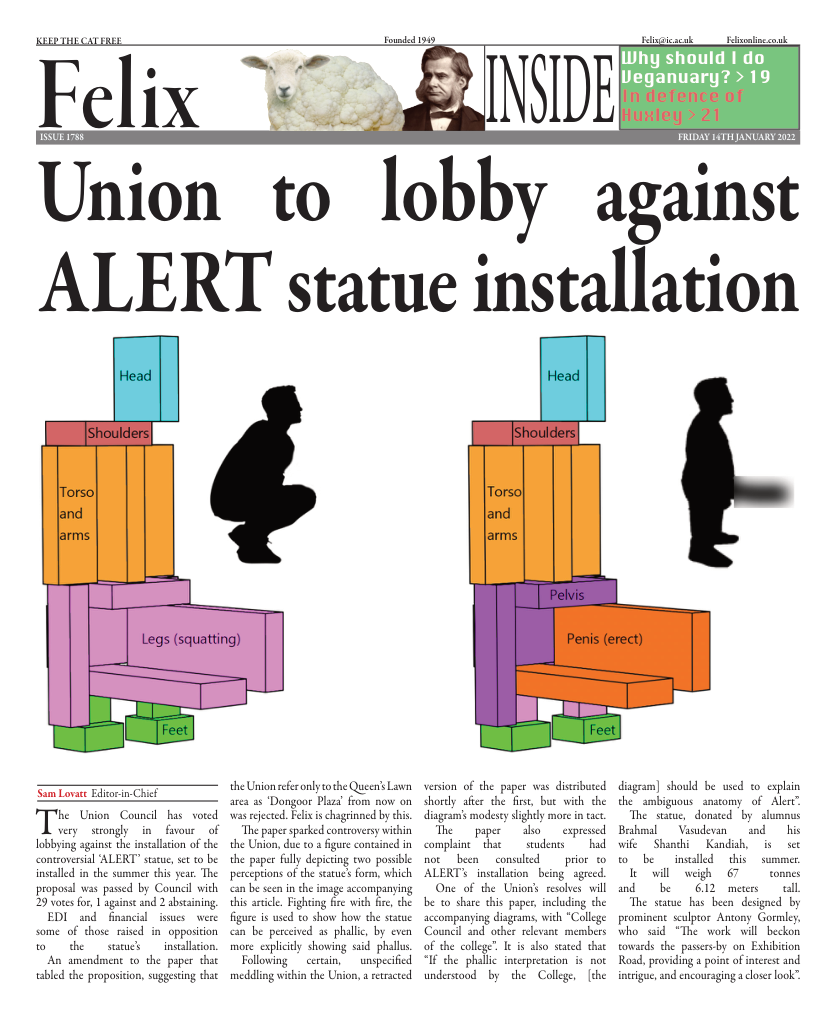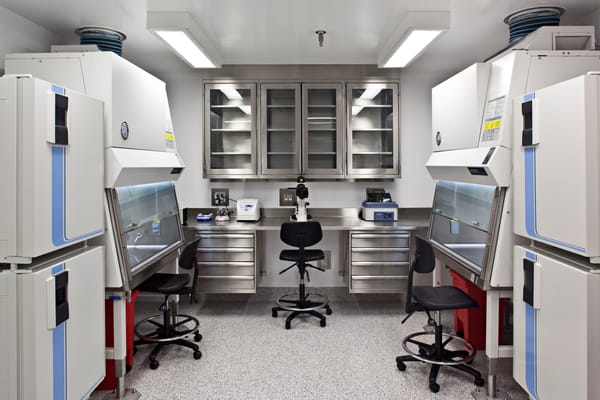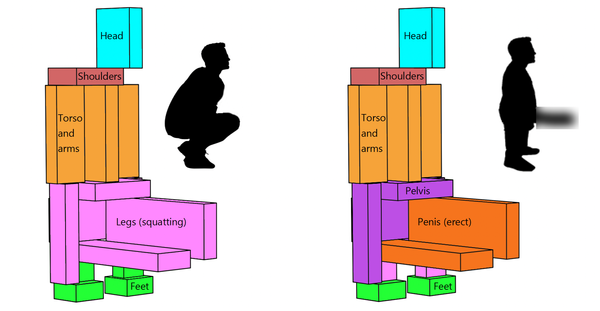€4.5 million won by Imperial researchers in Starting Grants from the ERC
Three Imperial College researchers have been awarded a total of €4.5 million in funding via the European Research Council’s Starting Grants.

Three Imperial College researchers have been awarded a total of €4.5 million in funding via the European Research Council’s Starting Grants.
The successful Imperial researchers are Dr Louise Walport, Dr Robert Hoye and Dr Teresa Thurston, each of whom will receive €1.5 million in funding over the next five years.
Starting Grants are awarded to “talented early-career scientist(s)” who have previous examples of impressive work whilst under supervision. The application is made with a research proposal, and the endowment allows these scientists to form their own teams and pursue ideas in their research proposal.
Applications are open to scientists working in any field of research. Imperial’s successful applicants work in the fields of Chemistry, Materials and Infectious Disease.
Proposals are assessed by a panel of international peer reviewers who look solely at the excellence of the application, combining the promise of the research proposal and the applicant’s track record.
Dr Louise Walport - Chemistry - Chemical Probe Development
Dr Walport’s work on chemical probe development hopes to greatly expand the number of chemical tools available for testing drug targets.
Previously she has worked using a system known as RaPID to screen huge libraries of peptides in order to find a molecule that binds tightly and selectively to a chosen target. This library contains 1013 peptides, however even with this many different molecules there are many proteins it is almost impossible to identify a probe for.
Probes are used to inhibit specific protein activity, letting the rest of a system function as normal without the target in action. This process is used to search for the role of the protein in processes such as disease, with the hope of identifying targets that can be targetted by drugs in the future.
Walport’s lab will aim to develop the catchily named cPTM-DISPLAY, a “platform for the identification of chemically diverse cyclic peptides”. ‘cPTM’ stands for ‘Chemical post-translational modification’ and ‘DISPLAY’ alludes to the use of mRNA-display technology in the process.
Her lab is currently working on a family of enzymes, protein arginine deiminases, the activity of which appears to be crucial in diseases such as arthritis and multiple sclerosis.
Dr Robert Hoye - Materials - Harvesting Light Energy
Dr Hoye’s work hopes to improve the sustainability and efficiency of powering the ever-encroaching Internet of Things (IoT).
The IoT refers to devices such as Smart fridges and Smart doorbells, which transfer data via the internet and require more energy than their analog counterparts. Hoye hopes to account for this power using improved photovoltaic technology which will harvest the necessary energy from indoor lighting. Currently, many such devices use small, quick-to-deplete disposable batteries which come at a cost to the environment.
Comparing the endeavour to previous technology, Hoye said “Most people will have come across this design in solar- and battery-driven calculators. But whilst a calculator only requires a microwatt of power, typical IoT devices require a milliwatt of power or more. Whilst indoor lighting can provide sufficient levels of power, current commercial-standard indoor photovoltaics, made from amorphous silicon, are not able to harvest enough of this power due to their low efficiencies”
Hoye currently leads the Energy Materials and Devices Group in the Department of Materials, and is a fellow of the Institute of Materials, Minerals and Mining.
His excellent track record is further bolstered by his PhD result from Cambridge in 2014, where he received the Jackman prize for best thesis.
The US Department of Energy selected his work on bismuth-based photovoltaics as one of 12 science highlights of 2016.
Imperial College describes Hoye’s work as “experimentally-driven”, and Hoye himself praises the ERC grant for allowing him “to pursue risky, blue-skies research, and provide me with the resources to truly tackle the challenge of developing these new materials to fulfil their potential”.
Dr Teresa Thurston - Infectious Disease - Kinase-based therapeutics
Dr Thurston’s work will look at the mechanisms behind bacterial infection leading to the “reprogramming” of host kinase enzymes.
A kinase is an enzyme that adds a phosphate molecule to an existing structure, most commonly a protein. The kinase is extremely specific to the target site for the phosphate, and under normal conditions will only attach the phosphate to this part of the target. Once attached, the phosphate alters the activity of the target protein.
It has been observed that Salmonella infections can lead to altered kinase activity, a phenomenon partially due to the bacteria releasing small proteins which bind to the kinase and changes its “specificity”. This means that the kinase will attach the phosphate to a different part o f the target protein, or another protein altogether, altering its activity. This is one of many hurdles that the host body must overcome when fighting infection.
In case anyone was wondering, this is what a Biochemistry degrees is in a nutshell.
Thurston’s lab have observed this phenomenon across a diverse range of infectious bacteria, and the newly funded ‘Re-Kin’ project will work to investigate the breadth of the mechanisms that allow this.
On the research, Thurston said “We will focus on looking at how virulence proteins from diverse bacteria reprogramme kinase specificity, investigate whether eukaryotes encode similar reprogramming proteins and ultimately we then hope to design synthetic kinase remodelling proteins that could revolutionise the development of kinase-based therapeutics to fight disease”.









